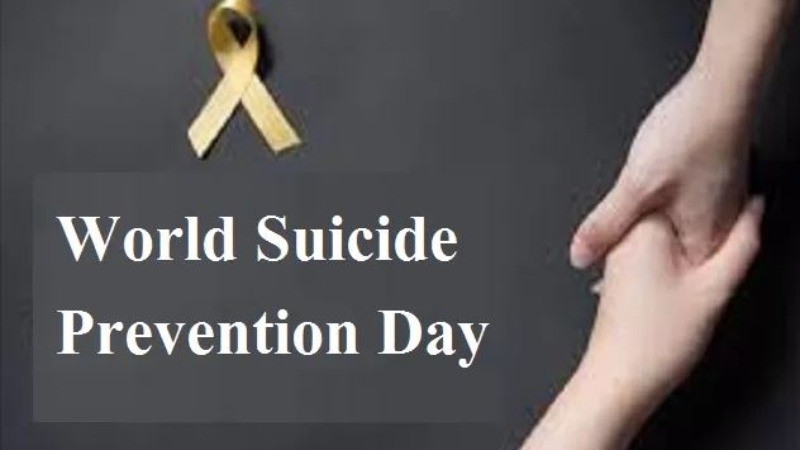
Every year on September 10, World Suicide Prevention Day is observed to raise awareness and promote effective strategies to prevent suicide. This day serves as a critical reminder of the importance of mental health and the need for collective action to reduce the global suicide rate. Here, we explore actionable strategies and approaches to creating a world where fewer people face the tragedy of suicide.
Understanding the Scope
Suicide is a global public health issue that affects individuals of all ages, genders, and backgrounds. According to the World Health Organization (WHO), nearly 800,000 people die by suicide each year. This statistic highlights the urgent need for comprehensive prevention strategies that address the root causes and provide support to those in crisis.
1. Enhance Mental Health Education
Increasing mental health literacy is fundamental to suicide prevention. Education programs should be integrated into schools, workplaces, and communities to teach people about mental health conditions, signs of distress, and how to seek help. By fostering an environment where mental health is openly discussed, we can reduce stigma and encourage individuals to reach out for support before reaching a crisis point.
2. Improve Access to Mental Health Services
Access to mental health care is crucial for preventing suicide. Governments and organizations should work to ensure that mental health services are available, affordable, and accessible to everyone. This includes funding for mental health resources, training for healthcare providers, and the expansion of telehealth services, which can reach individuals in remote or underserved areas.
3. Support Crisis Intervention Programs
Crisis intervention programs, such as suicide prevention hotlines and crisis text lines, play a vital role in providing immediate support to individuals in distress. These services should be well-publicized and available 24/7. Training for responders and volunteers is essential to ensure that they can provide empathetic and effective support.
4. Promote Safe Media Practices
Media coverage of suicide can significantly influence public perceptions and behaviors. Journalists and media outlets should follow guidelines that avoid sensationalism and focus on providing resources for help. Responsible reporting includes sharing stories of hope and recovery, which can inspire others to seek help rather than feel isolated.
5. Foster Strong Community Connections
Social support and strong community ties are protective factors against suicide. Community organizations, faith groups, and local leaders can create supportive environments where individuals feel connected and valued. Initiatives such as peer support groups and community events can strengthen social networks and reduce feelings of isolation.
6. Advocate for Policy Changes
Policy changes at the national and local levels can have a significant impact on suicide prevention efforts. Advocating for policies that address mental health issues, such as integrating mental health services into primary care and regulating access to means of suicide, can contribute to a reduction in suicide rates. Collaboration between policymakers, healthcare providers, and advocacy groups is key to driving meaningful change.
7. Encourage Personal Wellness Practices
Individuals can take proactive steps to enhance their mental health and well-being. Practices such as regular exercise, balanced nutrition, adequate sleep, and mindfulness can help manage stress and improve overall mental health. Encouraging people to build these habits and seek support when needed can contribute to suicide prevention on a personal level.
World Suicide Prevention Day is a poignant reminder of the collective effort required to address this global issue. By enhancing mental health education, improving access to services, supporting crisis intervention, promoting safe media practices, fostering community connections, advocating for policy changes, and encouraging personal wellness, we can work towards a world where suicide is less common and mental health is prioritized. Together, we can make strides toward a future where everyone has the support they need to thrive. Let us honor World Suicide Prevention Day by committing to these strategies and working towards a suicide-free world.